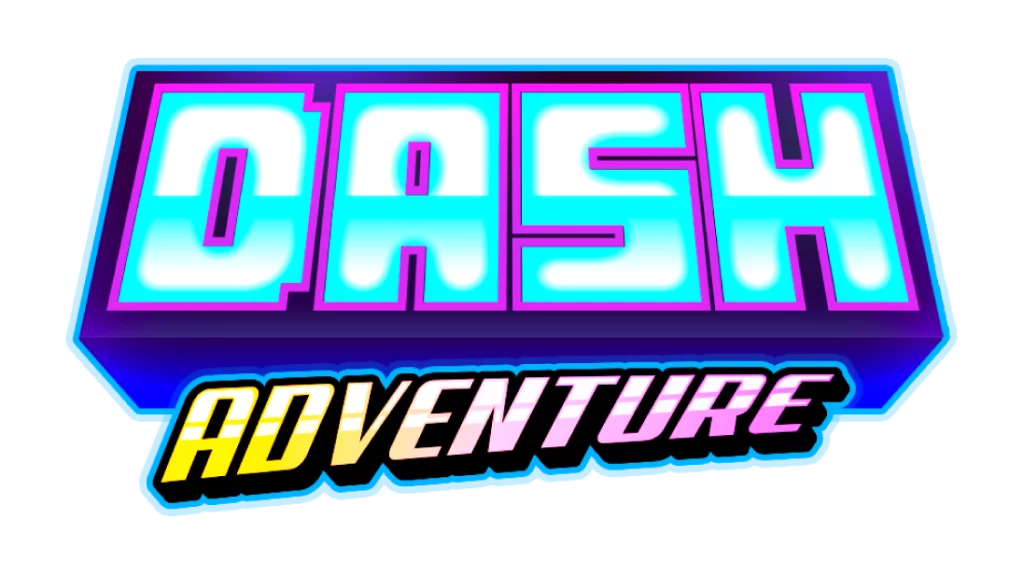In recent years, the world of digital assets has seen a significant surge, particularly in the realm of non-fungible tokens, or NFTs. This new form of asset represents a unique piece of data stored on a blockchain. From digital art and music to tweets and virtual real estate, NFTs have become a hot commodity, creating exciting opportunities for creators and investors alike. However, as with any burgeoning market, the NFT space has attracted a fair share of shadowy figures. These opportunistic individuals and groups seek to exploit the enthusiasm and sometimes naivety of newcomers. The relative anonymity provided by blockchain technologies, combined with the lack of regulation in many jurisdictions, makes the NFT marketplace a fertile ground for a variety of scams.
Understanding NFT Scams: Unpacking the Threat
Just as NFTs vary in form and value, so do the scams associated with them. These fraudulent schemes are designed to manipulate, deceive, and ultimately rob unsuspecting individuals of their valuable digital assets or hard-earned cash. These scams present a significant threat not just to individual traders but also to the integrity and public perception of the broader NFT and crypto markets.
In understanding these scams, it’s essential to note that they often prey upon common human weaknesses – such as greed, fear, and lack of knowledge. As such, education and awareness are critical in mitigating these risks. Knowing the types of scams that are prevalent, how they operate, and how to spot them can make the difference between secure trading and falling victim to a scam.
Common Types of NFT Scams: The Devil in the Details


The NFT landscape is riddled with a variety of scam types, each more innovative than the last. Here are some of the most common ones:
- Phishing Scams
- Pump-and-Dump Schemes
- Fake Listings
- Rug Pulls
Phishing Scams: A Wolf in Sheep’s Clothing
Phishing scams remain a timeless trick in the scammers’ handbook, even in the bustling world of NFTs. These scams generally involve fraudsters posing as legitimate organizations or individuals to trick unsuspecting victims into revealing confidential information. In the NFT space, this often involves presenting fake websites or pop-ups that mimic genuine NFT platforms or digital wallets. They use domain names and website designs that closely resemble legitimate platforms to lure users into a false sense of security.
The victim, believing they are interacting with a trusted entity, may unwittingly divulge their login credentials or private keys. With this information, the scammer can take control of the victim’s digital assets, stealing valuable NFTs or cryptocurrency. To avoid falling prey to these cunning schemes, it’s crucial to double-check website URLs, be wary of unsolicited contact, and never share sensitive information.
Pump-and-Dump Schemes: The Mirage of Value
The Pump-and-Dump scheme is an infamous ploy often seen in various investment markets, and it’s found its way into the NFT arena as well. Here, manipulators inflate the value or popularity of an NFT artificially. They create a buzz around the NFT, driving up its price as more and more people buy into the hype. This is the ‘pump’.
Once the price is sufficiently high, the scammers sell off their holdings, making a tidy profit. This is the ‘dump’. The sudden sale typically causes the price to plummet, leaving other investors holding assets that have now significantly decreased in value. The key to avoiding these schemes is to do your due diligence, research, and not get swept up in the frenzy of a sudden price surge. The fear of missing out (FOMO) is a powerful psychological driver that scammers exploit in pump-and-dump schemes. They create hype around the NFT, leading potential buyers to believe they must act quickly or miss out on a lucrative opportunity.
Fake Listings: The Art of Imitation
In the world of NFTs, authenticity is everything. However, some fraudsters have taken to exploiting this market by creating fake listings. They copy the images and details of high-value NFTs, creating replicas that they list for sale on different platforms.
Unsuspecting buyers, believing they are investing in an original piece of digital art or collectible, end up buying a worthless imitation. To protect yourself, it is essential to verify the provenance of the NFT and the credibility of the seller. Also, ensure to transact on reputable platforms that have stringent security measures in place.
Rug Pulls: The Unexpected Goodbye
Perhaps one of the most devastating scams in the NFT space is the ‘rug pull‘. This scam typically involves an NFT creator or project developer who builds up hype around their work, sells a number of tokens, and then abruptly disappears.
Understanding these scams provides a solid foundation for recognizing red flags and staying safe in the NFT marketplace. Remember, if a deal seems too good to be true, it probably is. Do your due diligence, verify sources, and keep your digital assets secure.
The Art of Deception: Deep Dive into Technical Support and Website Scams
In the world of NFTs, scammers often use sophisticated tactics to trick unsuspecting users. One such method is the technical support scam, prevalent in online communities such as Discord or Telegram. Scammers impersonate tech support personnel or administrators, offering to help with various issues, which often involve “verifying” your wallet or asking for sensitive information. Always remember, no legitimate support staff will ever ask for your wallet’s private keys or other sensitive data.
Website scams, on the other hand, employ convincingly authentic-looking websites to lure in victims. These sites can mimic popular NFT marketplaces or wallet providers, tricking users into entering their login credentials or personal information. Keeping an eye on the website’s URL and ensuring it uses secure protocols (https://) can be instrumental in spotting these scams.
Influencer and Stealth Drop Scams: The Danger of Blind Trust


Influencer scams involve fraudsters impersonating well-known personalities or entities in the crypto space. They may create social media accounts that look like the real deal and then advertise fake giveaways or NFT sales to their followers. These scams prey on the trust and authority that influencers command, making them particularly effective.
Stealth drop scams are another deceptive practice where scammers launch an NFT collection without prior notice, often impersonating popular artists or brands. By the time buyers realize the NFTs are not legitimate, the scammer has disappeared with the funds. Always ensure to verify the source before participating in sudden, unexpected NFT drops.
Are NFTs a Scam? Dispelling the Myth
Despite the prevalence of scams in the NFT space, it’s crucial to clarify that NFTs themselves are not a scam. They represent a legitimate and revolutionary way of proving ownership and provenance in the digital world. However, like any financial market, the NFT space is susceptible to fraudulent activities.
The key to navigating the NFT landscape safely lies in education and vigilance. Always perform due diligence before making any purchases, and never share sensitive information. Remember, the value of NFTs doesn’t lie in the digital image or item itself but in the blockchain-stored proof of ownership and the potential for that item’s value to appreciate over time.
As long as you tread carefully, the NFT world can be a fascinating place to explore and invest, offering a new way to support creators and own a piece of the digital world.
Defending Your Digital Assets: How to Avoid NFT Scams
Securing your digital assets from scams requires a combination of vigilance, education, and smart digital practices. First and foremost, awareness of the types of scams you might encounter is vital. Stay up-to-date with the latest tactics scammers employ in the NFT space, and always be cautious of any too-good-to-be-true offers.
Never share your wallet’s private keys or sensitive information with anyone, even if they appear to be a trusted figure or a support staff member. Opt for marketplaces like OpenSea that have robust security measures in place, and always enable two-factor authentication (2FA) for an additional layer of security. Regularly reviewing the transaction history of an NFT and researching the creator can also help you spot potential scams.
The Value Proposition: Are NFTs Worth It Despite the Risks?
While the risks involved with NFTs might seem daunting, it’s important to remember that they also offer significant potential for returns and unique experiences. NFTs have revolutionized the way we perceive digital ownership, allowing artists to monetize their work in unprecedented ways and investors to tap into a completely new asset class.
It’s important, however, to approach NFTs with a clear understanding of their intrinsic value. This value isn’t in the digital artwork or item itself, but in the proof of ownership and potential for appreciation stored on the blockchain. Like any investment, there’s no guaranteed return, but with careful research and due diligence, NFTs can provide exciting opportunities.
Navigating the NFT Landscape Safely
Despite the challenges and risks, the NFT landscape holds immense potential. By understanding common scams, staying vigilant, and following best practices, you can navigate this exciting new space with confidence. Remember, education is your best defense against scams. So, keep learning, stay updated, and always verify before making a transaction.
It’s an exciting time in the world of NFTs, and while caution is necessary, so is the spirit of exploration. After all, each new technology comes with its own set of challenges, and NFTs are no different. By navigating this landscape safely, we can all be part of this new frontier in digital ownership.









